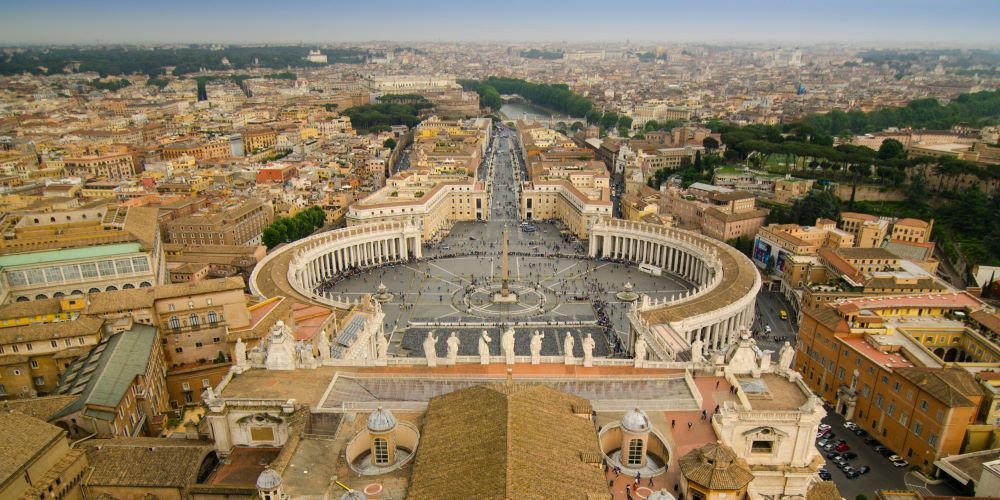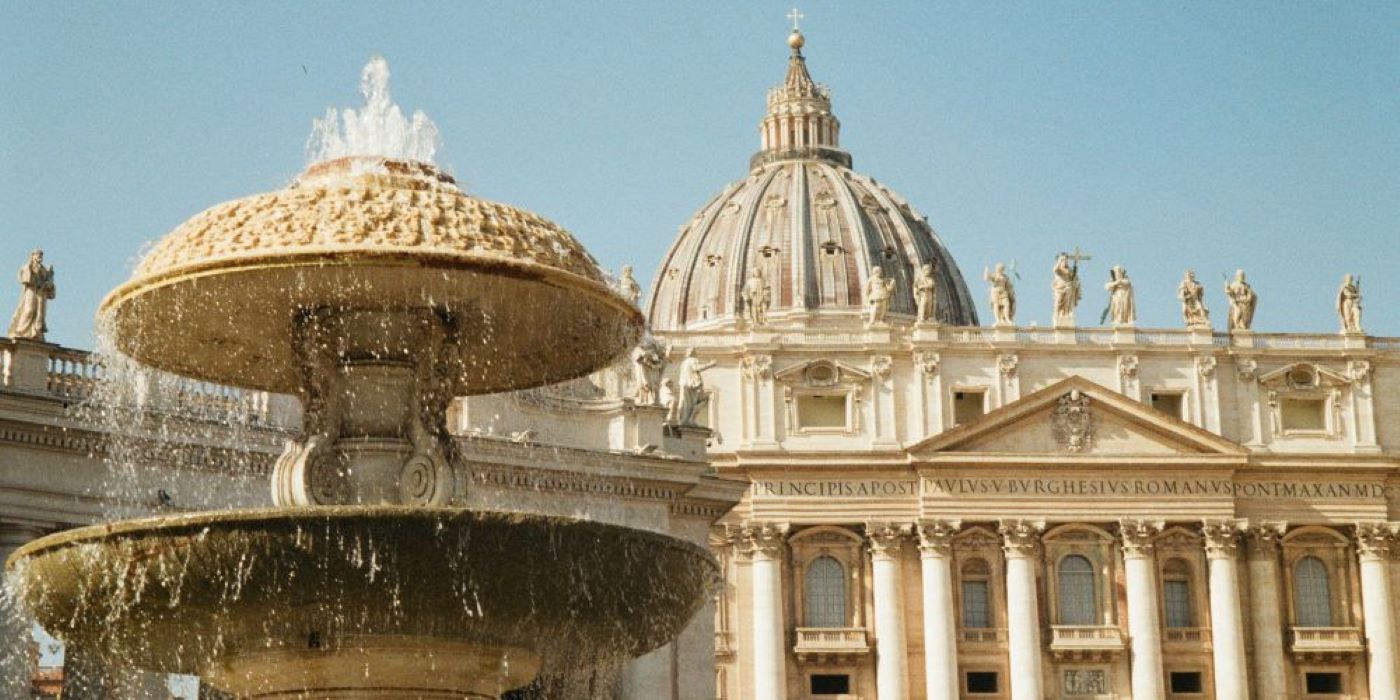St. Peter's Basilica is the beating heart of the Vatican and one of the most awe-inspiring religious landmarks on Earth. As the most important church for Christians, discovering the basilica during a vacation in Rome is an unforgettable experience. In fact, no visit to the Eternal City is complete without stepping inside St. Peter's Basilica, a monument that transcends religion to stand as one of the world's greatest architectural and artistic marvels. Located in the spiritual core of Vatican City, this monumental church welcomes millions of believers annually, along with many travelers fascinated by the incredible masterpieces housed within it. In this guide, you will find everything you need to know before visiting this iconic church, from its history to tips for an unforgettable visit.

The Saint Peter's Basilica's origins
St. Peter's Basilica stands as a monument to centuries of faith, art, and power. Built on what is believed to be the burial site of St. Peter, one of Jesus's apostles and the first pope, the original basilica was constructed in the 4th century by Emperor Constantine. The construction of the new, modern building began in 1506 under Pope Julius II and was completed in 1626. It features the incredible artworks of legendary artists and architects like Michelangelo, Bramante, Raphael, and Bernini, becoming the masterpiece jewel of the Renaissance.
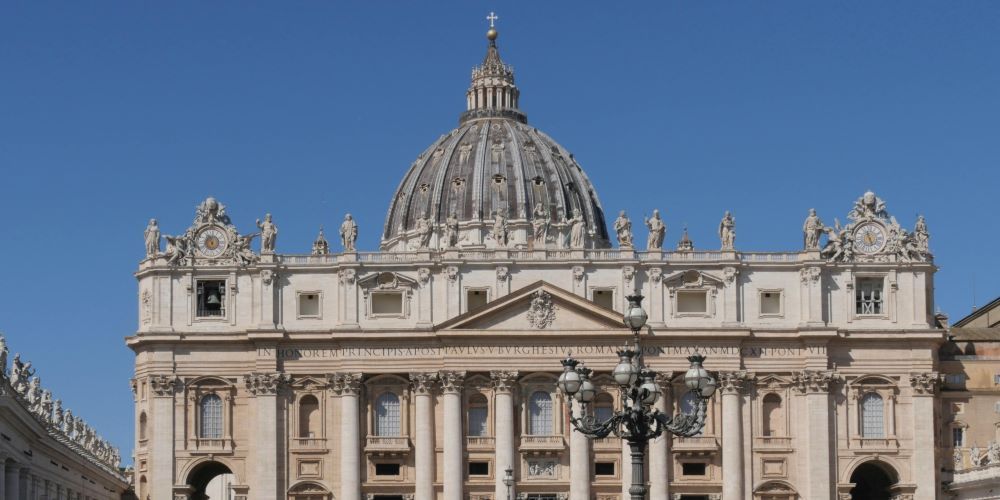
Saint Peter's Basilica masterpieces
Saint Peter's Basilica is an architectural masterpiece and a triumph of Renaissance and Baroque design—an unmissable site to visit in Rome's city center. The building houses some of the must-see highlights created by the most famous Italian artists in history: Michelangelo's dome, which at 36 meters high dominates the Rome skyline and offers breathtaking views over the city; the Baldachin designed by Bernini, a massive bronze canopy; the Pietà, one of Michelangelo's most famous marble sculptures; and the Holy Door, opened only during Jubilee years, a symbol of spiritual passage and forgiveness. The Basilica also includes the stunning colonnade located in Saint Peter's Square, another incredible masterpiece by Gian Lorenzo Bernini.
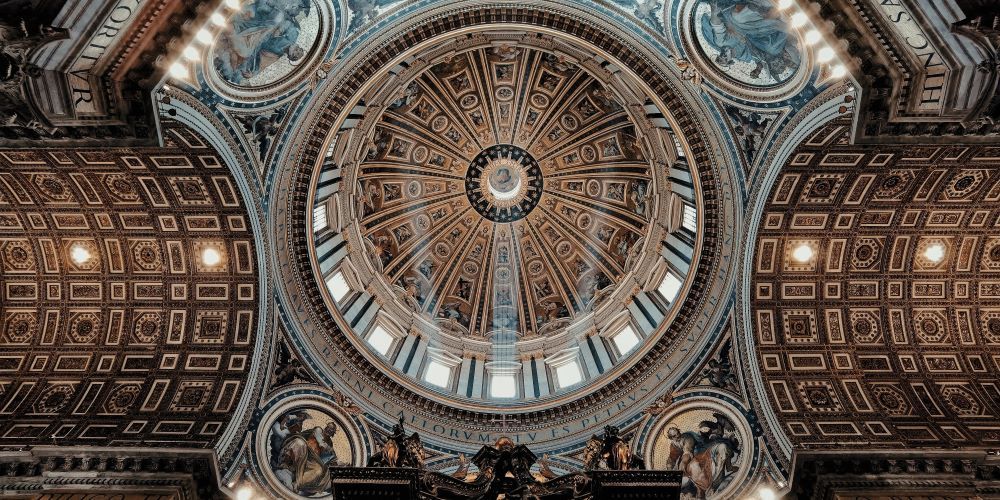
Hidden gems and esser known features
Beyond its beautiful masterpieces, Saint Peter's Basilica holds some hidden gems and lesser-known corners that many tourists overlook: the Vatican Grottoes, the crypt where numerous popes and royals are buried, including St. Peter; the Treasury Museum, home to sacred relics and ancient liturgical objects; the statue of Saint Peter himself, a bronze statue that has represented a symbol of devotion for believers for centuries; and St. Peter's Chair by Bernini, a bronze relic that represents the authority of the Pope for all Catholics worldwide.
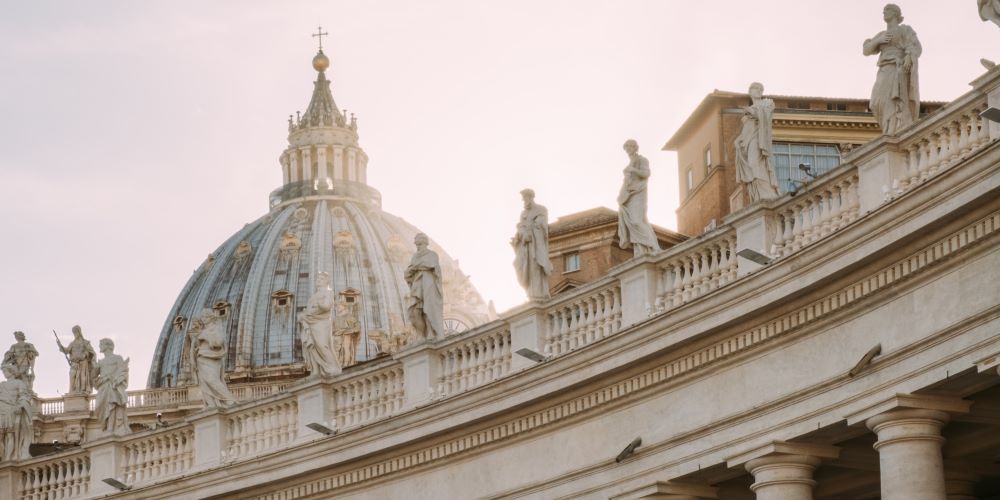
Travel tips to make the most of your visit
Time is everything, so our suggestion is to arrive early in the morning or late in the afternoon to avoid peak crowds. Don't forget to respect the dress code for a place of worship: modest attire is a must that does not include shorts, sleeveless tops, or short skirts, and must cover shoulders and knees. Entry to the basilica is free, but fees apply for the Dome climb and Treasury Museum. Consider a guided tour to bypass long lines and with Visit Rome Pass the skip-the-line ticket and a tour guided of Basilica is included. In addition, security checks are similar to airport screening, that's why it is better to leave large bags at the hotel to avoid delays.
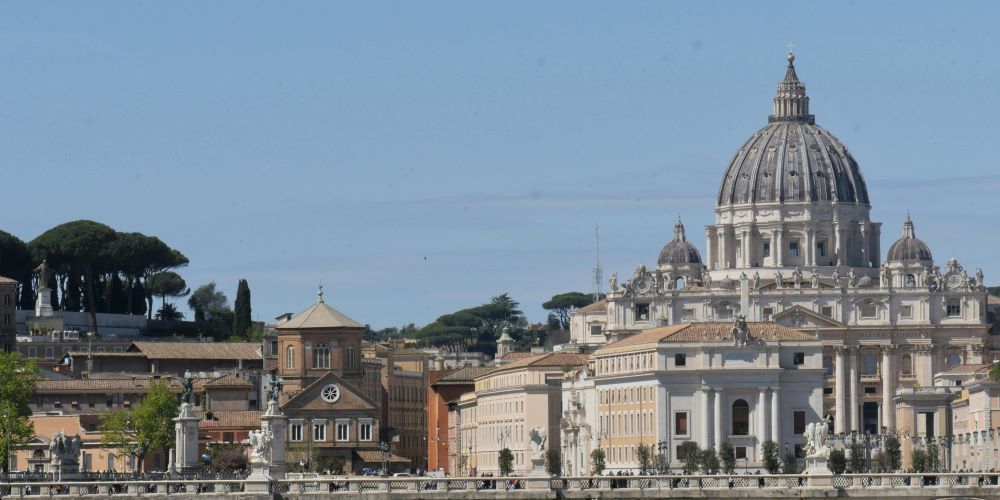
The dome climb experience
A visit to Saint Peter's Basilica cannot be considered complete without climbing to the top of Michelangelo's Dome, as it is a highlight of any tour. There are two options: take the elevator partway or climb all 551 steps for a full experience. Along the way, there's the opportunity to get an up-close look at the interior of Michelangelo's dome and stunning mosaics. Once at the top, the panoramic views of Rome are breathtaking. Whether the visit has been made for religious significance or artistic reasons, the scenery of the Eternal City from the Dome is something to see at least once in a lifetime.
